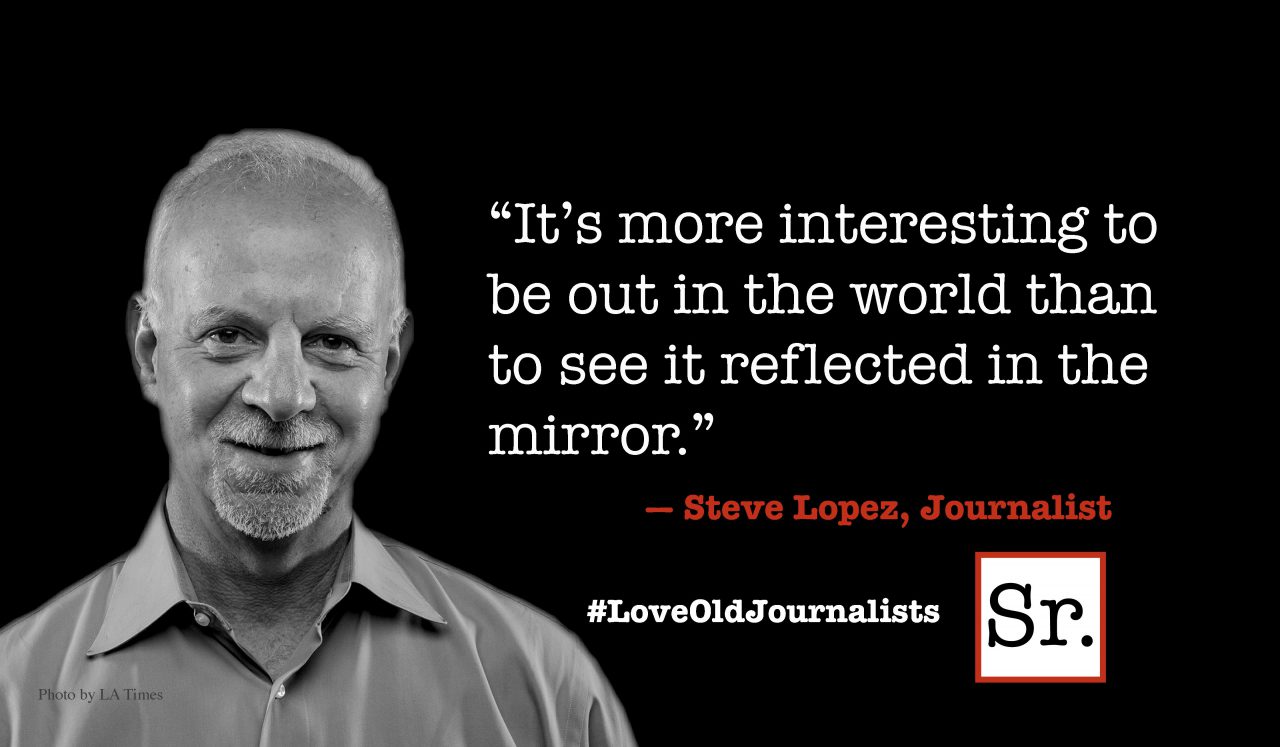Does religion matter in issues involving public policy? You bet it does! One’s idea of god will be a significant marker in how one views the issues confronting society. (Note: I’ve used lower case for "god," since I’m only talking about concepts.)
If your notion of god is akin to that held by much very conservative religion, you will likely espouse very conservative politics. Clearly those congressional districts and states which are dominated by the Tea Party have fundamentalist Christians as a significant source of right-wing support. What makes for the relationship? For a long time I believed that conservative religion just got washed in with a political red tide. I am increasingly convinced, however, that religious commitments have been among the dominant influences in creating right-wing political systems, and that one’s concept of god is a determining factor.
Biblical fundamentalists in the antebellum South were adept at citing biblical passages which sanctioned slavery as coming straight from god’s mouth. Following the Civil War and continuing through most of the 20th century, the Ku Klux Klan marched through America with the fiery “cross of Jesus going on before.” The issue is far deeper than the proclivity to use biblical snippets to prove a cultural point. At issue is one’s understanding of god.
While today’s Christian fundamentalists no longer espouse slavery or segregation, the question is rather the way their notion of god determines how many understand other issues which have clear political ramifications.
The fundamentalists’ god tends to be a lawgiver, who sets down specific rules for life, blesses those who keep them and condemns those who do not. This god not only has a special set of demands and beliefs, but a special law-abiding people whom “he” blesses with both spiritual and physical abundance. God wants his followers to be prosperous, and will provide nature-defying miracles which he will lavish on the faithful. Financial abundance, therefore, becomes a mark of faithfulness. This prosperity gospel applies solely to Christians who have received Jesus as Lord and Savior. All non-believers are not only outside the ranks of the blessed, but are also doomed to eternal damnation.
The fundamentalists’ god has also selected the United States as his nation of choice. That is why one commonly sees the cross and the flag together. God blesses our wars, and is a particular advocate of American capitalism—divinely sanctioned economics. The nation’s sins are all sexual. It is not greed, violence or bigotry which activates his wrath, but abortion and homosexuality. Natural disasters can be directly attributed to a public violation of these sexual norms. Don’t take my word for it, just tune to any of the TV channels which feature popular religion.
The concept of god usually honored by liberals, a group ignored by most political activists, is universal in his/her love, not confined to a particular people or a particular nation. Condemned are sins of greed, inequality, bigotry, violence and lovelessness. This idea of god welcomes those many others would despise. Barriers become bridges and the nobodies get the best seats at the divine banquet. Liberal religion’s god, according to Catholic teaching, has a “preferential option for the poor.” All the spiritual laws are summed up in love for god and others — all others.
Beyond American Christianity, religious fundamentalisms are bad news in any society. It is fundamentalist Muslims who have created the violence which has caused terror in the Near East and elsewhere. Jewish fundamentalism is one of the primary factors keeping Israel from being willing to take even modest steps in solving the Palestinian question.
Many young people have left organized religion because they tend to believe that all religion is captive of narrow unloving doctrines and institutions. And who can blame them? It is what continues to give religion a bad name — at least some forms of religion.
Describe the nature of the god you believe in, and you will probably have defined where you stand on most of the issues confronting the world. It is not that religion doesn’t matter, but that if may matter far too much.








